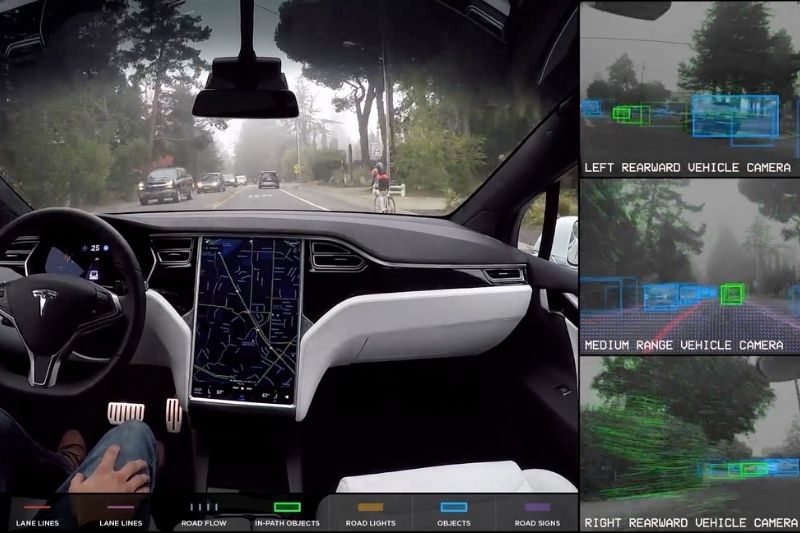A global digital transformation is happening, and in order for countries in APAC to capitalise on this growth, investment in smart infrastructure needs to be at the forefront of guiding sustainable change.
It’s no secret that the ongoing Covid-19 pandemic has accelerated digital migration in many countries worldwide. Almost all sectors of the global economy had to speed up the adoption of new technologies to keep up with the ever-changing digital landscape.
In the Asia-Pacific region specifically, it’s been found that adoption of the Internet of Things (IoT), edge technologies, and 5G contributes to smart infrastructure. Investment in these revolutionary technologies will likely create more intuitive utility and public transportation systems, among other improvements.

Research company Forrester took a look at investment trends in the APAC region and found that 2022 will be a promising year for smart infrastructure.
Early adopters of IoT, 5G, and edge tech have already reaped many benefits in the APAC region and worked to create connected and smart trains, roads, and ports. Leading technologies will experience rapid growth, especially at the beginning of the new year. Government investment will also play a key role in bringing smart infrastructure to fruition, and the industry is projected to grow by 40% in the Asia Pacific.
In application, stakeholders will likely review insights captured from edge devices and IoT sensors to , for example, modify traffic patterns and reduce congestion. Computer vision will be used to deliver security insights. Additionally, 5G, edge, and vehicle-to-everything (V2X) technologies will help with autonomous vehicle (AVs) navigation.

Covid-19’s Influence
Many countries worldwide are using an endemic treatment for Covid-19. They will have to prioritise smart infrastructure to make cities resilient, adaptive, and creative. Some of the key areas city planners in the APAC region will be focusing on in 2022 are delivering internet connectivity to citizens, addressing public health, managing critical infrastructure resources such as water, utilities, etc., using smart metres, and leveraging predictive monitoring
This will bring positive change for APAC countries, improving the quality of life for residents. In addition, these new investment areas will open up potential job opportunities, which can help with the current labour shortages affecting many industries.
For example in Singapore, which recently announced a US$175 million investment in its digitalisation program. These initiatives will help hospitals better track Covid-19 patients and improve public transportation using enhanced data from sensors on roads.
It is also worth noting that APAC spending on information technology (IT) is expected to grow by 9.3% this year, due in part to the region’s long-term investment plan to increase operational efficiency and provide high-quality customer service.
These investments will help APAC countries flourish as they adapt to a constantly changing world. Businesses, especially small and medium ones, will also benefit from the increased adoption and use of advanced technologies, like 5G, IoT, artificial intelligence (AI), robotics, and cloud analytics.

Digital Transformation in APAC
The future of the digital landscape in the APAC region looks bright and promising. Whether individual residents or commercial enterprises, there are many benefits to be gained from the adoption and widespread use of new, emerging tech. These new smart infrastructure services will be more relevant and reliable, connecting consumers more than ever before.

Related Articles
Inside Smart City Taiwan: A New Solution for Urban Living





